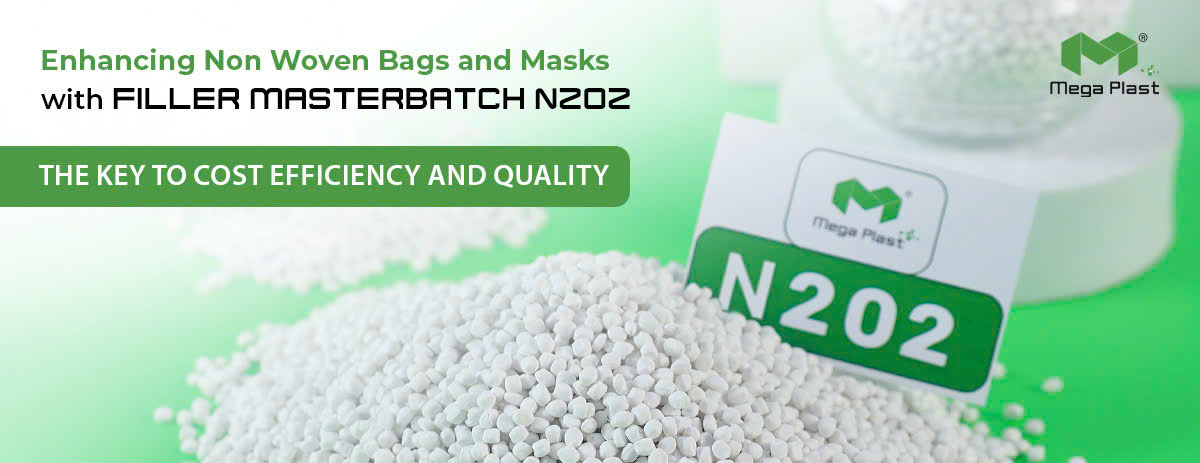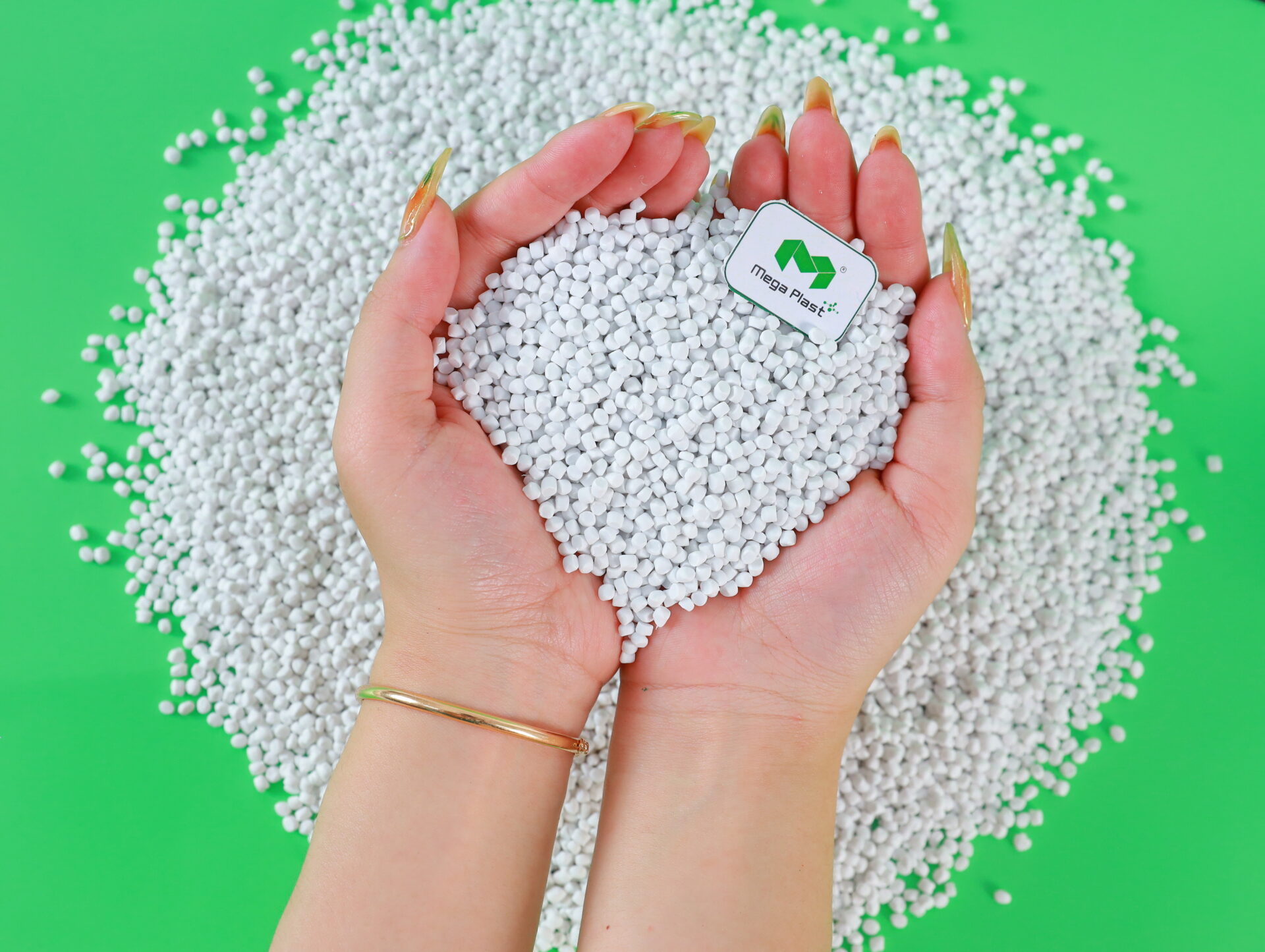Table of Contents

Although non-woven fabrics have a wide range of applications in various industries, this article focuses specifically on two key applications: non-woven bags and non-woven masks. Other non-woven applications (e.g., geotextiles, medical gowns, agriculture covers) may prioritize different factors such as water resistance, insulation, or sterility, but non-woven bags and masks are more focused on balancing strength, cost-efficiency, and, in the case of masks, filtration capabilities.
You can read our comprehensive analysis blog on non-woven fabrics here.
Non-woven fabrics have become essential in the production of both non woven bag and non-woven masks, providing a versatile, eco-friendly, and cost-effective alternative to traditional materials. Whether for personal protective equipment (PPE) or sustainable packaging, non-woven materials are lightweight, durable, and customizable.
However, with rising production costs, manufacturers are constantly seeking ways to maintain product quality while optimizing expenses. This is where Filler Masterbatch N202 steps in. By using N202, manufacturers can reduce production costs and enhance the performance of both non-woven bags and masks. In this blog, we will explore the benefits of non-woven bags and masks, the role of Filler Masterbatch N202 in their production, and why it’s the smart choice for manufacturers.
1. What Are Non Woven Bags and Masks?
Non-woven fabrics are produced by bonding fibers together using heat, chemical, or mechanical processes, rather than weaving or knitting them. These fabrics are commonly made from polypropylene, which provides flexibility, strength, and cost-efficiency.
- Non-Woven Bags: Widely used in retail, grocery, and promotional sectors, non-woven bags are strong, reusable, and an eco-friendly alternative to single-use plastic bags. They offer high customization potential for businesses looking to add their logos or branding.
- Non-Woven Masks: In the healthcare and personal protective equipment (PPE) industries, non-woven masks are critical. These masks provide high filtration efficiency, breathability, and comfort, making them ideal for daily protection against airborne particles.
2. The Role of Filler Masterbatch N202 in Non-Woven Production
Filler Masterbatch N202 is a specially formulated additive used to replace a portion of virgin resin in the production of non-woven fabrics. This replacement reduces raw material costs while maintaining or improving the physical properties of the end product.

How N202 Works:
- Cost Efficiency: By replacing up to 30% of virgin resin with Filler Masterbatch N202, manufacturers can significantly reduce the cost of producing non-woven bags and masks.
- Enhanced Product Quality: N202 improves the strength, durability, and whiteness of non-woven fabrics, ensuring that both masks and bags meet high standards of performance and appearance.
- Sustainability: Using Filler Masterbatch N202 can reduce the environmental impact of non-woven products by decreasing the reliance on virgin plastic.
3. Filler Masterbatch N202 in Non-Woven Masks
The demand for non-woven masks has surged in recent years due to the need for effective PPE. These masks rely on the non-woven fabric’s ability to provide high levels of filtration while remaining breathable and comfortable for prolonged use.
How N202 Improves Non-Woven Masks:
- Cost Reduction: Using N202 allows manufacturers to reduce raw material costs by replacing expensive virgin resin without sacrificing mask performance.
- High Filtration Efficiency: Non-woven masks require a middle layer of meltblown fabric for filtration, and N202 ensures that the fabric retains its filtration properties while improving overall durability.
- Better Aesthetics: Masks made with N202 exhibit high whiteness (>98.8%), ensuring a clean and professional appearance.
4. Filler Masterbatch N202 in Non-Woven Bags
Non-woven bags have become a go-to solution for businesses and consumers looking for sustainable alternatives to plastic bags. These bags are durable, reusable, and customizable, making them ideal for various uses.
How N202 Enhances Non-Woven Bags:
- Strength and Durability: Non-woven bags made with N202 are stronger and can carry heavier loads, making them ideal for grocery and retail use.
- Cost-Effective Production: By incorporating N202, manufacturers can lower their production costs by replacing part of the virgin resin with the more affordable filler masterbatch.
- Customization and Branding: N202 improves the surface quality of non-woven bags, providing a smooth, white canvas for branding and logo printing, which enhances the bag’s visual appeal.
5. Case Studies: Proven Success with Filler Masterbatch N202
With a close and long-standing partnership with our strategic ally, Global Minerals, a leading calcium carbonate producer since 2004, MegaPlast has gained a significant competitive advantage in the filler masterbatch industry. The superior quality of Vietnamese calcium carbonate, recognized globally for its high brightness levels exceeding 98%, allows for a substantial reduction in the loading of white masterbatch. This not only lowers production costs but also enhances the efficiency and overall quality of our products. The exceptional purity and brightness of our raw materials ensure that MegaPlast remains at the forefront of innovation and excellence in the filler masterbatch market.
Case Study 1: Non-Woven Bag Manufacturer in Kenya
A non-woven bag manufacturer in Kenya was facing high production costs due to the use of 100% virgin resin. After switching to Filler Masterbatch N202, the company was able to replace 30% of the virgin resin and reduce production costs by 20%. The bags maintained their strength and quality, providing an eco-friendly product at a competitive price.
Case Study 2: Non-Woven Mask Manufacturer in Egypt
A mask producer in Egypt was looking for ways to lower production costs while maintaining high standards for filtration efficiency and comfort. By using Filler Masterbatch N202, the company reduced its reliance on virgin resin, cutting production costs by 15% while ensuring that the masks met all necessary safety and comfort standards.
You can read more about our non-woven casestudy here
6. Sustainability and Environmental Impact
Non-woven fabrics are already a more sustainable alternative to single-use plastics, but using Filler Masterbatch N202 takes this a step further. By reducing the amount of virgin plastic required in the production of non-woven bags and masks, N202 helps manufacturers lower their environmental footprint.
Environmental Benefits:
- Reduced Plastic Consumption: By replacing virgin resin with N202, less plastic is used in the production of non-woven products.
- Recyclability: Non-woven fabrics made with N202 can be recycled, further contributing to the sustainability of the product.
- Lower Carbon Footprint: The reduction in virgin resin also leads to a decrease in the overall carbon footprint of the manufacturing process.
7. Conclusion: Why Filler Masterbatch N202 Is the Best Choice for Non-Woven Bags and Masks
Choosing Filler Masterbatch N202 for the production of non-woven bags and non-woven masks is a smart decision for manufacturers looking to reduce costs while maintaining high product quality. With proven success in industries ranging from retail to healthcare, N202 ensures that manufacturers can meet the demands of their customers without compromising on performance or sustainability.
If you’re a manufacturer looking to optimize your non-woven product line, Filler Masterbatch N202 is the solution that can help you achieve your goals.
